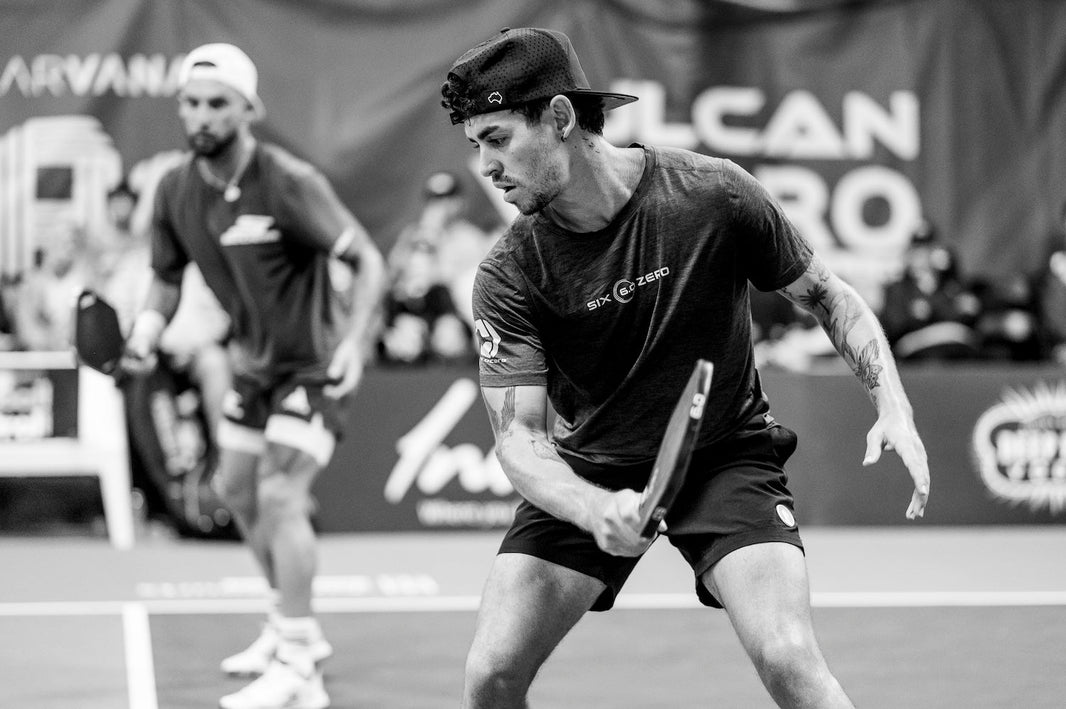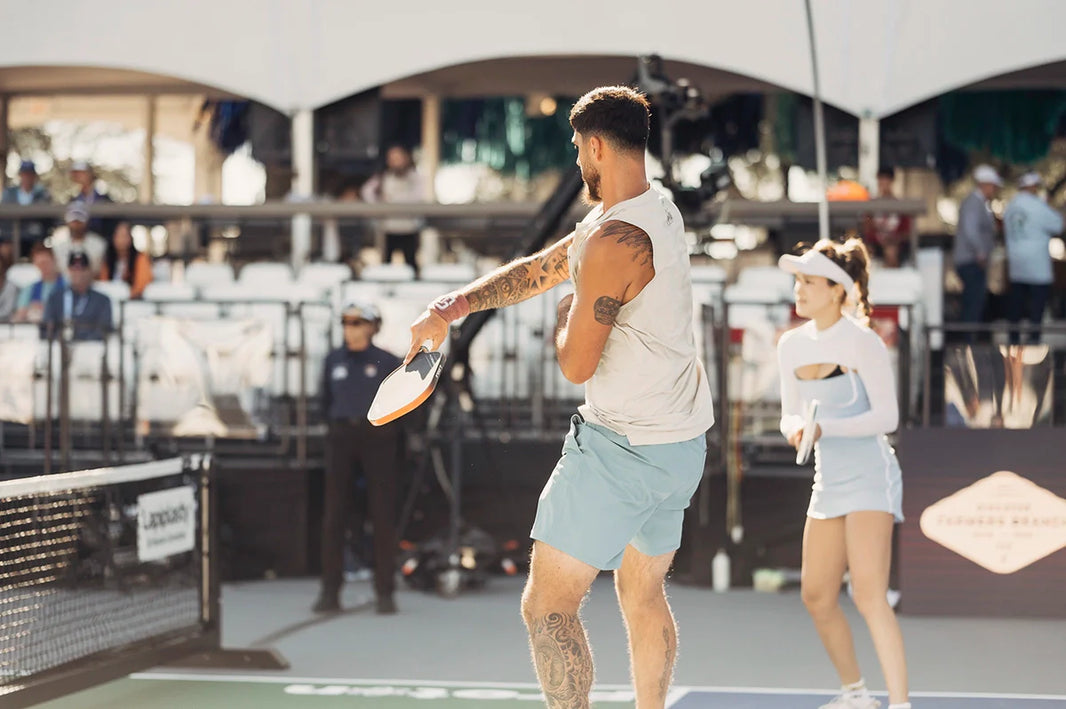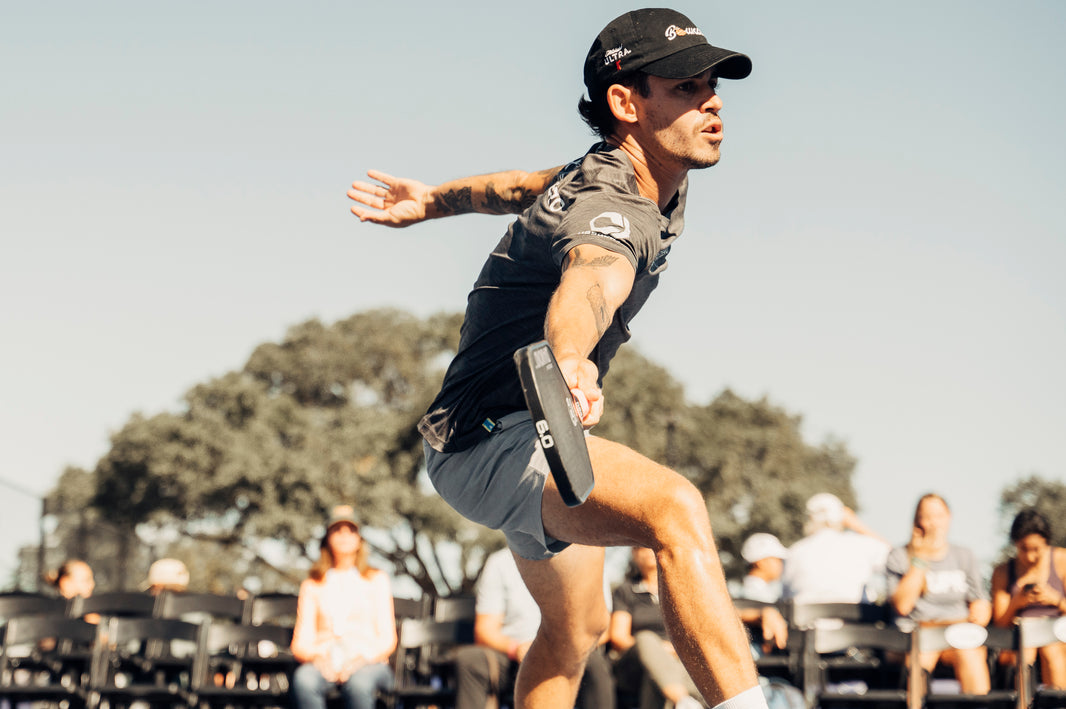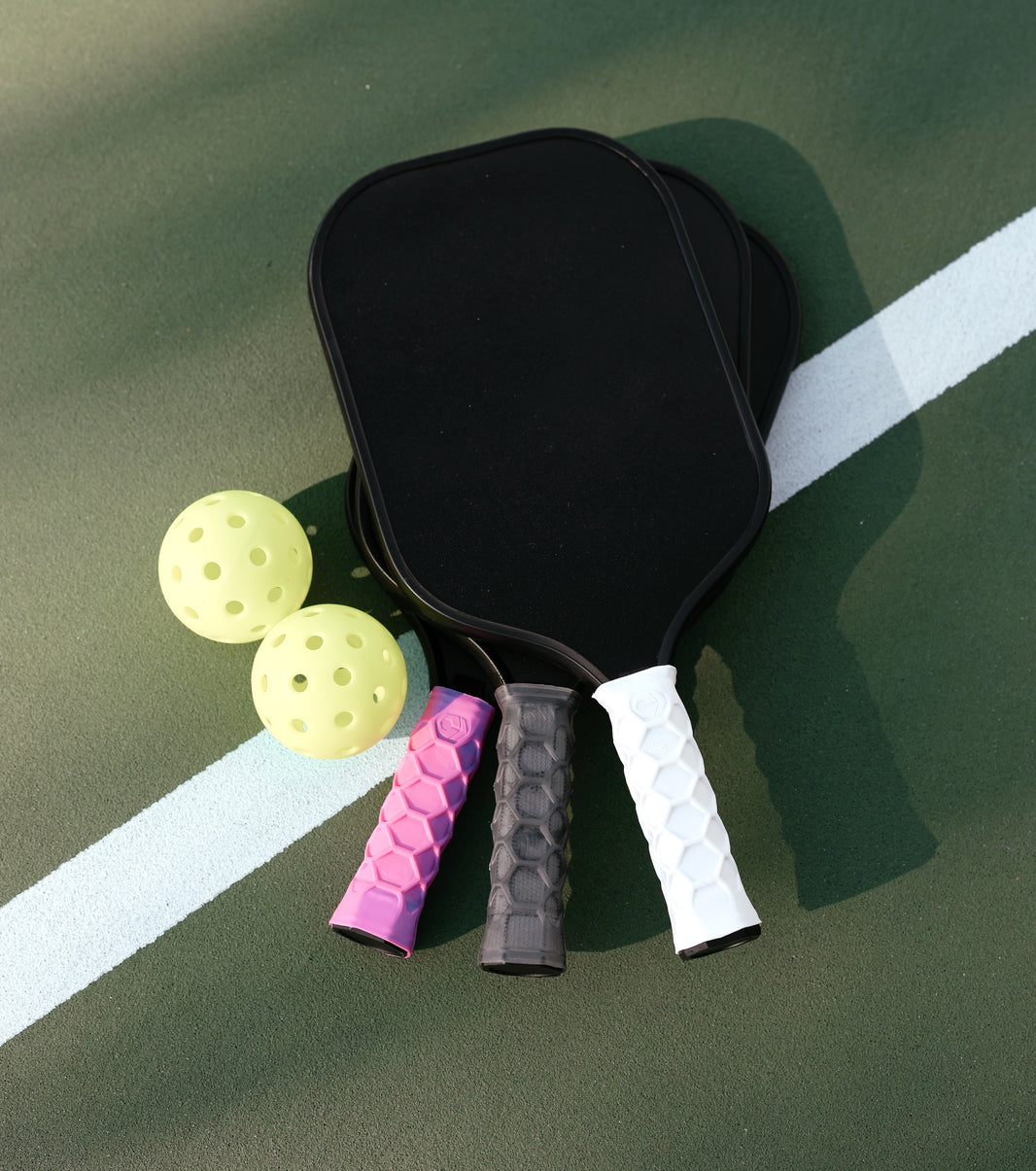Pickleball, once considered a niche recreational activity, has grown rapidly in popularity over the past decade, becoming one of the fastest-growing sports worldwide. Its rise from local community courts to international tournaments has led many enthusiasts to wonder whether pickleball has what it takes to become an Olympic sport. Let’s dive into the factors that could influence its potential inclusion in the Olympics, the challenges it faces, and what the path to Olympic recognition looks like.
1. Pickleball's Growing Popularity 🌍📈
The sport's increasing popularity is one of the strongest arguments for its inclusion in the Olympics. Pickleball’s appeal spans all ages and skill levels, from youth to seniors, and professional athletes to casual players. This rapid growth can be attributed to several factors:
- Accessibility: Pickleball is easy to learn and play, with simple rules and low equipment costs. It requires minimal space compared to other racquet sports, making it accessible in many communities.
- Health Benefits: The sport provides a fun way to stay active, combining cardiovascular exercise with agility and coordination. Its low-impact nature is particularly appealing to older players or those recovering from injuries.
- International Expansion: What began as a predominantly North American sport has quickly spread to Europe, Asia, and other regions, with international governing bodies and national federations forming to promote the sport's development.
The sport's popularity, combined with increasing media coverage and televised professional events, suggests a strong case for pickleball's Olympic inclusion. However, this growth needs to be backed by formal recognition processes for the Olympics to seriously consider it.
2. Meeting the Olympic Requirements 🏆📜
For a sport to be considered for the Olympics, it must meet several criteria set by the International Olympic Committee (IOC). Here’s how pickleball aligns with some key requirements:
-
International Federation: A recognized International Federation (IF) that governs the sport must exist. For pickleball, the International Federation of Pickleball (IFP) serves this purpose, working to grow the sport globally and unify various national governing bodies.
-
Worldwide Popularity: The sport must be practiced by men and women in a minimum number of countries and continents. This requirement ensures that the sport has a global appeal, rather than being concentrated in a few countries. Currently, pickleball is played in over 60 countries, with active growth in Europe, Asia, and South America.
-
Anti-Doping Compliance: The sport must adhere to the World Anti-Doping Agency's (WADA) regulations. Pickleball will need to implement strict anti-doping policies and education programs to meet this criterion.
While pickleball satisfies some requirements, further international expansion and more robust governance will be crucial for Olympic consideration.
3. Challenges Pickleball Faces on Its Path to the Olympics 🚧🏓
Despite its growth, there are hurdles that pickleball needs to overcome to be included in the Olympics:
-
Competition with Established Sports: The Olympic program is already crowded, with limited room for new sports. Pickleball will need to compete with other emerging sports for a spot, and the IOC often prioritizes sports that have significant global reach and cultural importance.
-
Perception as a Recreational Sport: While pickleball has a thriving professional scene, some still view it as a recreational or backyard sport rather than a competitive discipline. Overcoming this perception and demonstrating that pickleball has a serious professional and amateur competitive structure is vital.
-
Uniformity in Rules and Standards: The sport needs a unified set of rules and standards that are followed globally. Different countries may have variations in how the game is played, and unifying these practices under the IFP’s guidance is essential for Olympic consideration.
4. Success Stories: What Pickleball Can Learn from Other Sports 🏅📚
To understand the path to becoming an Olympic sport, it helps to look at other sports that recently made it onto the program, such as skateboarding, surfing, and sport climbing. Here are some lessons pickleball can learn:
-
Youth Appeal: The IOC has shown interest in adding sports that appeal to younger demographics, as seen with skateboarding and sport climbing. Pickleball's appeal to youth through schools, community programs, and junior tournaments can help establish it as a sport that excites younger athletes.
-
Strong Global Governance: Sports like rugby sevens and golf, which were added back into the Olympics, had well-established international governing bodies that helped push their cases forward. Pickleball will need the IFP to be active in promoting the sport, organizing international events, and working closely with national federations to standardize rules and tournaments.
-
Demonstration Events: Some sports have entered the Olympics through demonstration events or being part of multi-sport events like the Pan American Games or Asian Games. Participating in or organizing demonstration events can help pickleball gain visibility and support within the Olympic movement.
5. Steps Pickleball Is Taking Toward Olympic Inclusion 🔍🚀
Pickleball's growth has not gone unnoticed by its advocates, and several steps are being taken to pave the way for potential Olympic inclusion:
-
Increasing International Presence: The IFP and national governing bodies are working hard to grow the sport's presence worldwide, hosting international tournaments, clinics, and exhibitions. Expanding the number of countries that play pickleball is crucial for meeting the IOC’s global reach requirement.
-
Establishing a Strong Professional Circuit: Having a thriving professional scene with televised tournaments and sponsorship deals can elevate the sport's perception. Pickleball leagues and professional tours are helping to build the sport’s reputation as a serious competitive activity.
-
Promoting Grassroots Development: Encouraging grassroots involvement, including youth programs, school curriculums, and community events, is helping pickleball reach new players and increase its appeal across age groups. This grassroots support can drive the sport's visibility and demonstrate its widespread appeal.
Conclusion: Is Pickleball on Its Way to the Olympics? 🏓🏅
While pickleball faces several challenges in its quest for Olympic recognition, its rapid growth, international expansion, and increasing popularity make a compelling case. The sport still needs to overcome hurdles like establishing uniform rules, gaining more global appeal, and competing with other sports for a spot on the program. However, with a clear path and strong governance from the International Federation of Pickleball, pickleball’s chances of becoming an Olympic sport are more realistic than ever.
As the sport continues to gain traction around the world, pickleball enthusiasts can remain optimistic that one day they may see their favorite game played on the biggest global stage. Until then, keep playing, growing the community, and spreading the love for this dynamic and fast-paced sport. 🎾🌍








